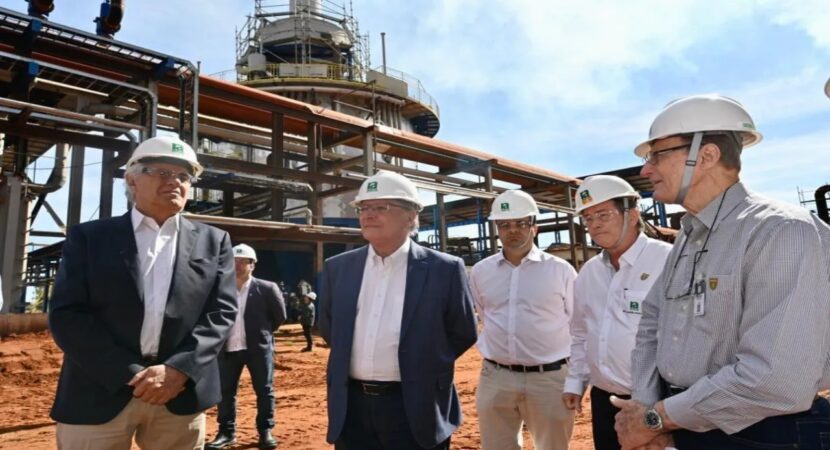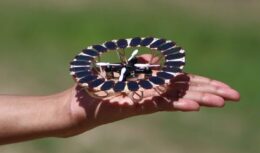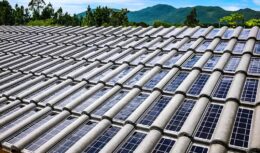
Brazil is a world leader in ethanol production and has the potential to further expand its global market share.
Last Saturday, May 12th, the city of Aporé, in Goiás, was the scene of the inauguration of the long-awaited Alcohol Plant of the Nardini Agroindustrial group, which should generate around 2 direct and indirect job openings in the region. The event had the illustrious presence of former governor Geraldo Alckmin, who praised the undertaking and highlighted the importance of ethanol from sugarcane for the country.
The plant estimates that it will grind 900 tons of sugarcane in the current harvest and generate 80 million liters of ethanol. Sugarcane bagasse will also be used to produce electricity. According to the company's president, Riccardo Nardini, the investment was R$ 800 million.
The alcohol plant will contribute to the socioeconomic development of the region, generating income and jobs for residents.
Governor Alckmin congratulated the initiative and emphasized that alcohol is a clean, renewable and competitive fuel, which brings benefits to the environment and the economy. He said the Brazil is a world leader in ethanol production and which has the potential to further expand its share in the global market.
Alcohol is a biofuel produced from sugarcane. Brazil is one of the largest sugarcane producers in the world and, consequently, a major producer of ethanol. The country is responsible for more than 30% of world ethanol production, with an installed production capacity of around 30 billion liters per year.
“Ethanol is a great ally in reducing greenhouse gas emissions, combating climate change and improving air quality in cities. In addition, it is a cheap source of energy, which generates employment and income in the countryside and in industry. Brazil has a competitive advantage in this sector and can be a major supplier of ethanol to the world,” he said.
Production and export of ethanol in Brazil
Brazil is the second largest producer of ethanol in the world, behind only the United States. In the 2023/24 harvest, the country should produce around 36 billion liters of ethanol, 30 billion in the Center-South region and 6 billion in the North-Northeast region.
Brazilian ethanol is mainly produced from sugarcane, but there is also a growing share of corn ethanol, which should reach 16% of national production in 2023/24.
According to a 2023 financial report, Brazil exported around 2,8 billion liters of ethanol, generating revenue of US$1,8 billion. The main export destinations were the United States, China and India. The international ethanol market is constantly growing and is an opportunity for Brazil to expand its exports and generate more jobs.
Raízen: the largest ethanol producer in Brazil
In addition to Bioenergética Aroeira, which was inaugurated last Friday in Aporé, Brazil has other large ethanol plants spread across the national territory.
Among them, Raízen stands out: the largest ethanol producer in the country, with capacity to produce 2,5 billion liters per year. It is a joint venture between Cosan and Shell and has 26 production units in Brazil.











If Brazil did this it would be a crime…
With each passing day I have…
And where is marine biodiversity?…
I hope it sells quickly...
How embarrassing! Before writing any article,…
TO COMPLETE THESE THEY PUT GENERAL WATERMELON🍉 TOMÁS…
Approved. Where to find? What is the estimated price?…
WHAT A DISSERVICE! The solution to waste…